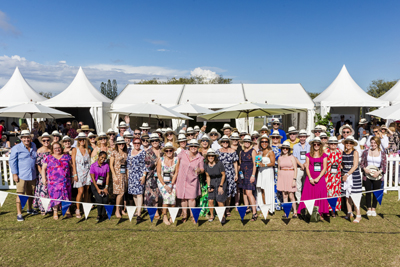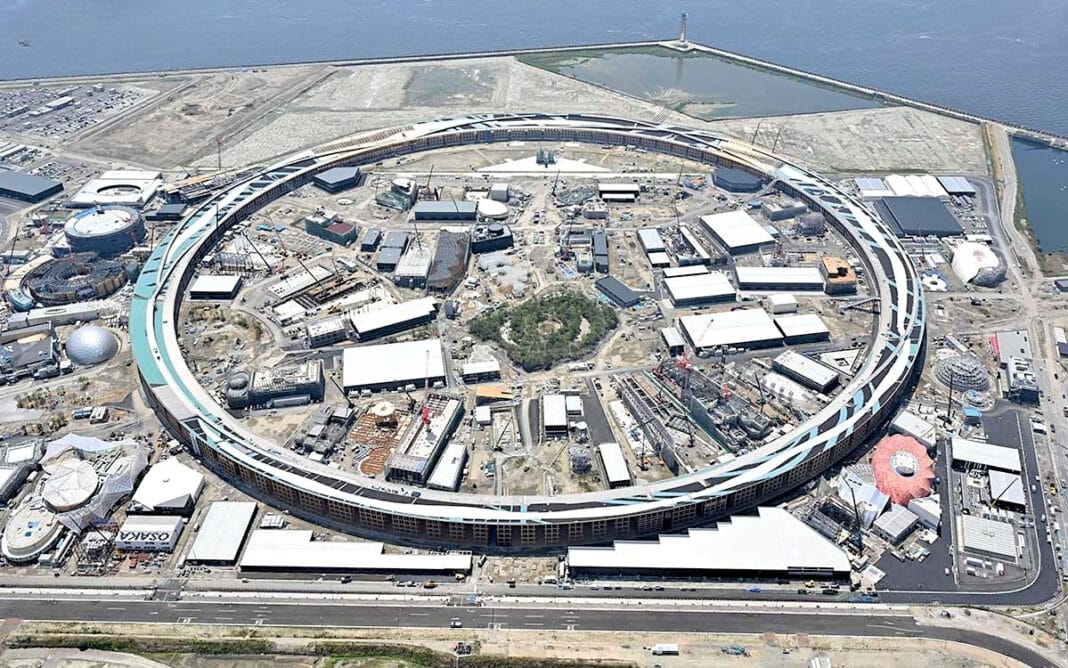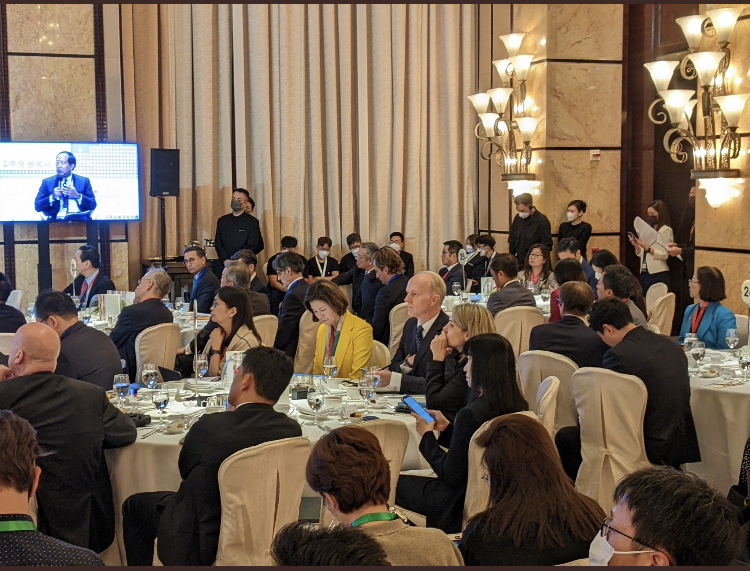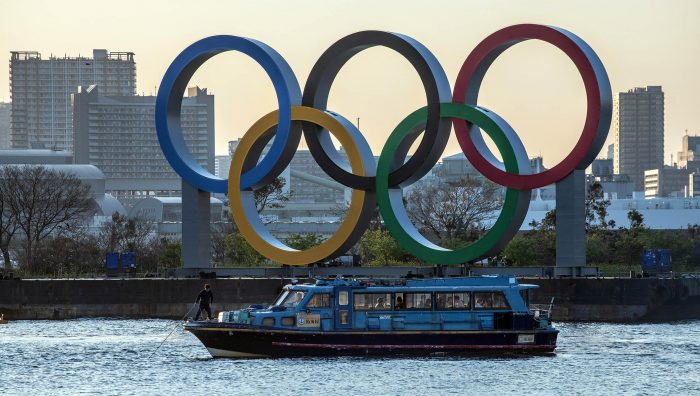
Long known as a sport of kings with a reputation bordering on the aloof and exclusive, polo is at last embracing a less haughty approach – at least in Australia.
And if the corporate hospitality experience at Polo by the Sea, enjoyed as part of a post-event social by delegates attending a Gold Coast Business Events’ showcase is anything to go by, it looks set to appeal to organisers of incentives and post-conference experiences.
As Gold Coast prepares to host the 2018 Commonwealth Games, the city has been showing off the venues and organisational capabilities that helped it secure the bid. Gold Coast’s shift in image from a predominately leisure destination to one that successfully hosts major business events played no small part in bringing the 11-day games, which will take place from April 4-15, to town.
Polo by the Sea was one of the hospitality experiences that topped off This is Gold Coast Business Exchange, May 25-26, which brought 56 buyers, event planners and media from Australia, New Zealand and the UK to the city. The Commonwealth Games-inspired itinerary also featured an exclusive programme for PCOs held a day earlier.

Commonwealth Games venues viewed by the delegates included the city’s Aquatic Centre, the sports precinct at Carrara, alongside the stadium where the opening and closing ceremonies will be held, and Gold Coast Convention & Exhibition Centre, which will be a media centre and host the netball qualifiers.
Anna Case, Gold Coast Business Events director, told a welcoming reception at The Star hotel and resort that the securing of the bid to host the Commonwealth Games showed how the city was able to compete not only with the big three Australian convention cities – Brisbane, Melbourne and Adelaide – but also globally.
Gold Coast Business Events was keen to present the Polo by the Sea event as highlighting the city’s diversity both in terms of corporate hospitality options and the choice of scenic event spaces, including Doug Jennings Park, It was here that marquees lined one side of the pitch with sea views stretching out beyond the public area of the park.
While the modified version of the sport – dubbed Urban Polo with its by-the-sea and in-the-park settings – still comes with glamour, champagne and arrivals by helicopter, changes are making it more than just a gathering of the gilded classes.
The skills of the horsemen and sheer speed of the game, which until recently have too often been overlooked in favour of the social set and trappings of luxury, are at last getting more prominence.

The fashion contests and “divot stomping” – brought to the attention of the wider public with the film Pretty Woman – will be enduring traditions, but the brains behind Australia’s Urban Polo movement have a different vision.
As a result, the action on the pitch between two teams, each with four mounted horses, has actually become thrilling to watch.
The length of the playing area has been reduced to 140 metres from 300m and the ball made bigger by 10 per cent and made from a hard plastic material, making it travel faster but also safer for spectators. The changes have been likened to how soccer balls have been modified over the years alongwith changes to tennis racquets – all in the interests of creating more action for spectators, including visiting business event and incentive groups.


